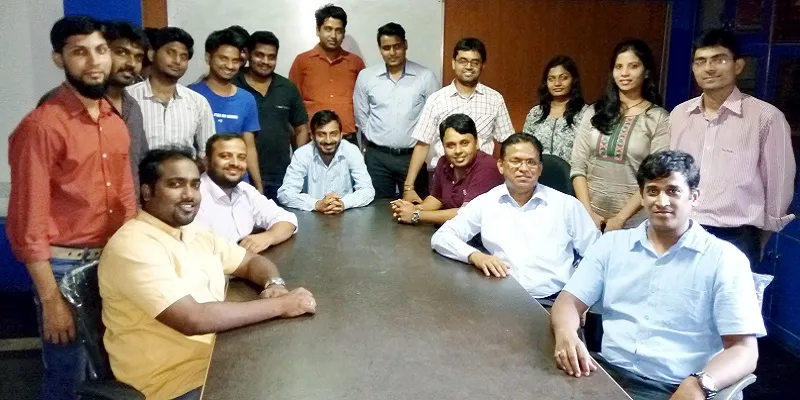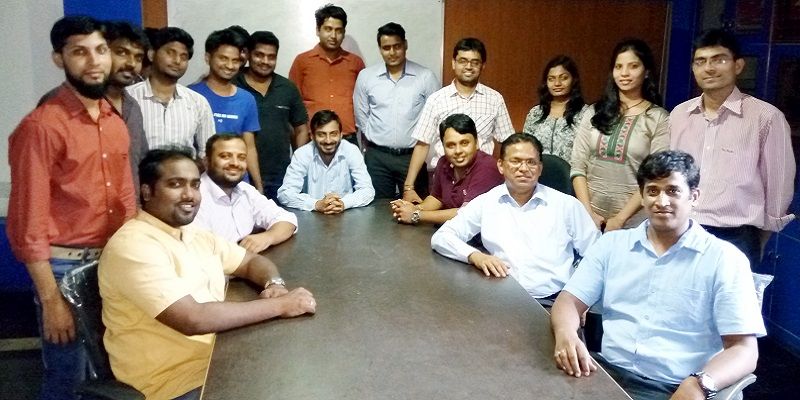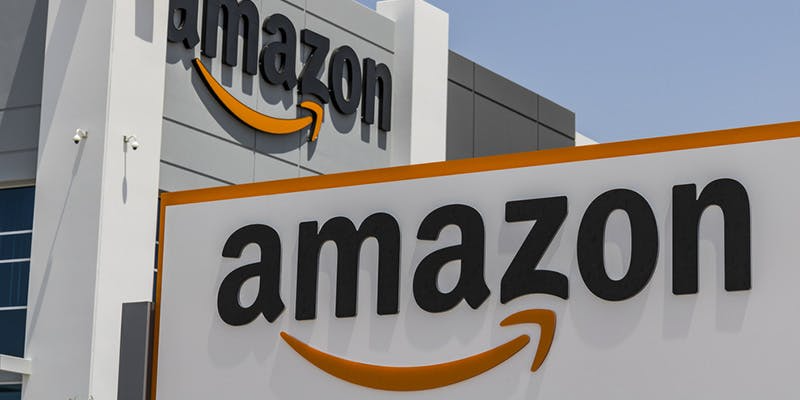How this startup is transforming the online and offline shopping world with augmented reality
For Mira. A, the week simply wouldn’t end, and yet she had to get shopping done for her long trip. While a fan of online shopping, she wanted the ‘real’ experience this time around. Imagine if Mira could actually combine the convenience of online shopping and the fun of ‘real’ shopping. This is what Preksh does with its augmented reality (AR) technology, which introduces elements of the physical world into the digital space.
“Our technology enables consumers to walk through offline stores on the web and mobile, pick products off the shelves and purchase them online. It enables consumers to discover products the way they do while offline shopping,” adds 50-year-old M.A. Kodandarama (aka MAK), Founder and CEO, Preksh.
The startup is extending the use of this technology to provide virtual guided tours across different sectors as well, like real estate, hospitality, travel and tourism, educational institutes, manufacturing, airports and malls.

Creating a visual experience online
The genesis of the idea came from the problem that an online consumer is provided with two search and discover options namely, text search or the menu-driven search. However, in offline shopping, people 'search and discover' products by 'looking around'. The entire visual experience of 'looking around' is missing in online shopping.
Retailers spend considerable time and effort with visual merchandising teams, to create visual experiences in the store. Since this is lost in the online world, Preksh intends to bring these visual experiences into online shopping and allow consumers to buy by 'looking around'.
Building a team
MAK has over two decades of experience with companies like Wipro, Nokia and Texas Instruments. He happened to meet his co-founders at different startup events.
Saikat Sinha, an MBA from IIM Lucknow, has six years of experience in marketing, product management and analytics in Accenture and Citibank. Sathvik Muralidhar, an MBA from XLRI, Jamshedpur, has four years' experience, having held technical and business development positions at startups in IISc, L&T and the Mahindra Group. Sharath T C holds an MS from Conventry University, has 10 years of technology and project management experience at Harman and Sasken in multimedia and infotainment.

One of the biggest challenges, according to the team, is getting early adopters to view it as a 'must-have' innovation rather than a 'nice-to-have' add-on. Over the past few months, the team has worked with a couple of leading brands in the country to show how their technology increases the time a consumer spends with the brand by 16 percent.
“We have even achieved sales through the virtual stores without discounting. Our next challenge is to create a new habit among consumers,” adds MAK.
Product nitty-gritty
Preksh has been working closely with Google on developing business views (using street view technology) for businesses, including retailers. It has given the team an insight into the virtual and augmented reality industry. It soon started working on building an interactive layer on top of virtual tours to enable users to interact with virtual businesses.
The product is based upon the 360-degree panoramic tour of a business or store, and created an overlay on the virtual tour to make it informative, interactive and intuitive for purchase. This enables users to not only to just walk-through, but directly go to a place of their interest inside the business, get information about a product or item and do specific actions (say, add to cart or initiate purchase), interact with the business by sending a snapshot of their interest or even share the product or item of their choice in the social media.
Pushing the product and the market
Every action of the user inside the virtual business is tracked to provide detailed insight of user interests and preferences (section, products, features, customer location) for businesses to align their product and marketing strategies for better ROI.
“In a specific non-retail example, our AR solution enables online visitors to virtually walk through the hotel/resort and recreation facilities, and set right expectations before the travel. The AR solution can be integrated with the backend system to reflect the right and updated information to customers all the time,” says MAK.
Preksh took close to eight months to build the beta version of the product. It officially launched the product in September 2015 and was able to rope in 15 stores in Bengaluru for beta trials. Currently, the AR solutions are live on the Babyoye and Van Heusen online stores.
The team recently became a part of the Target Accelerator Program and is mentored by K. Vaitheeswaran, Nagaraj Azhakesan, Founder Cosmic Circuits and N Muralidharan, former MD and VP, JobStreet.
The team has also started working closely with the Fortune 50 Retailer Target to iterate the product and achieve a product-market fit in the coming months. Their next deployment will be for Appleofmyi.
Vijay Jumani, Founder Appleofmyi says “Our offline stores evoke trust among our customers. We will use Preksh's AR technology to offer the same trustworthy shopping environment for our online guests as well.”
Over the past few years, there has been a growing push towards VR commerce and AR. E-commerce giant Alibaba has reportedly invested strongly in VR commerce and intends to push virtual shopping into mainstream.
Lowe and Target have significantly invested in the space. The market is pegged to touch $20 billion by 2020. It also isn’t just Target, Lowe or Alibaba. Giants like Google and Facebook over the past few years have reportedly invested $5 billion in the space.











